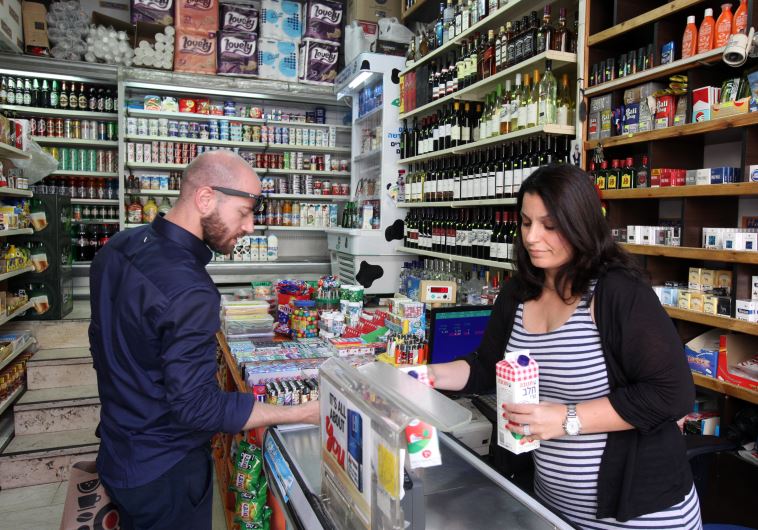Coalition tensions over Shabbat continue as Kulanu threatens to vote against MK Zohar’s Shabbat law
Kulanu has insisted that any measures be made in parallel with legislation that increases access to recreational activities on Shabbat.
 A convenience store in Jerusalem that is open on Shabbat(photo credit: MARC ISRAEL SELLEM/THE JERUSALEM POST)Updated:
A convenience store in Jerusalem that is open on Shabbat(photo credit: MARC ISRAEL SELLEM/THE JERUSALEM POST)Updated: